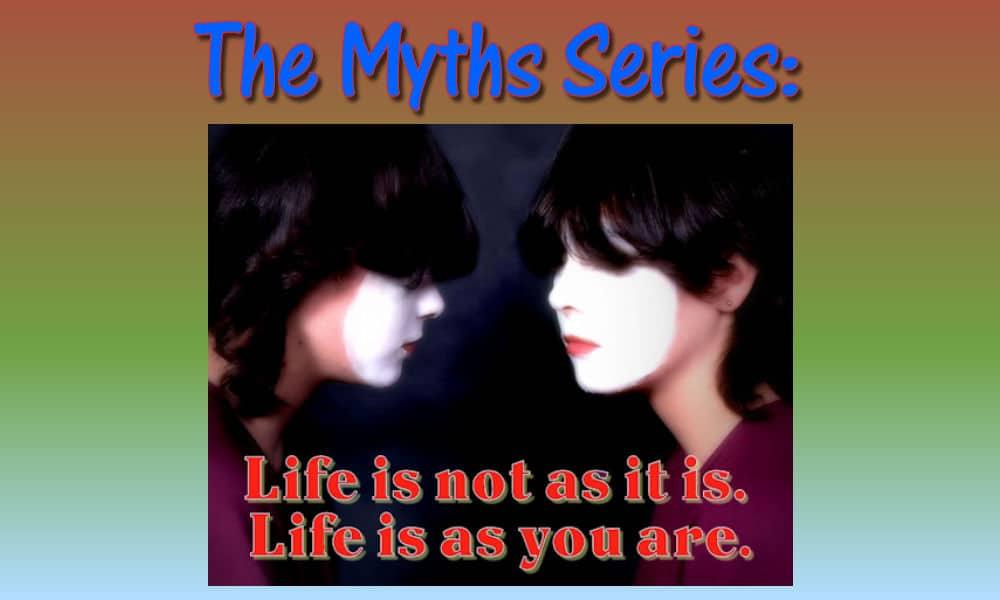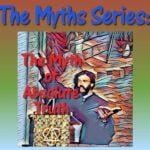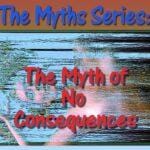- Is-ness: Life is not as it is. Life is as you are — The Myths Series
- The Myth of Absolute Truth — The Myths Series
- The Myth of Right and Wrong — The Myths Series
- The Myth of the Threat of Change — The Myths Series
- Unraveling the Myth of Shoulds — The Myths Series
- The Myth of Fairness — The Myths Series
- The Myth of No Consequences — The Myths Series
- The Myth of Altruism — The Myths Series
- The Myth of Easy — The Myths Series
- The Myth of Scarcity — The Myths Series
- The Myth of Limitations — The Myths Series
- The Myth of a Soulmate — The Myths Series
- The Myth of Sex Equaling Intimacy — The Myths Series
- The Myth of a Self — The Myths Series
- 5 Ideas About Compassion
Is-ness: Life is not as it is. Life is as you are. — reality is slippery and personal. This scares a lot of people, who crave fitting in.

This Endless Moment
An excellent guide to life and living.
Learn to focus your attention of who you really are.
Purchase all formats from Amazon
Purchase digital versions
(Apple, Nook, Kobo, etc.) from this page
Here’s a “Life is as you are” quote from the old TV show, “Third Rock from the Sun.”
Mary: “Dick, you are just going to have to accept that there are some things in life you are not going to understand.“
Dick: “Oh, I accept it — BUT WHAT ARE THEY, AND WHY DON’T I UNDERSTAND THEM?”
I haven’t much use for “understanding” what is “true.” Most of the time, seeking truth and understanding is a useless pastime.
Please note! I’m referring to inter and intrapersonal understanding, not, for example, the “rules of the road.” Because we all need to stop at stop signs and drive on the side of the road appropriate to where we live.
Many years ago I was doing some business consulting, and someone warned me: “Well, asking questions in a meeting probably doesn’t fit within the protocols of our company.” The explanation was that the president thought he was really smart (not quite a stable genius, but… 😉 ) and no one ever asked him questions, for fear of being judged to be stupid.
Imagine the communication at that company. Somebody needed to challenge what was perceived to be “true.”
Is-ness: Life is not as it is. Life is as you are.
We have a propensity for creating stories about what we think is true. Many of them are cultural accretions, created to meet a specific need.
Witness the “godless savage” mentality pumped into 18th and 19th century whites on the North American continent.
How do you persuade people to head west and kill everything that moves? You create a myth about the people living there being (much) less than human.In the USA, you create the idea of Manifest Destiny. You then hand the the white guys guns and you get out of the way.
Jeez, this sounds a bit like things in the USA today… but I digress…
A myth is defined as “a theme or character type embodying an idea.” In other words, a myth is a story that explains how some aspect of the world works.
For example, virtually all cultures have a “creation of the world” myth, and a myth about how people came to be — about how people are blessed by God or the gods, and have dominion over the earth.
We have also created political myths, hero myths, myths about wealth creation (typically called “economic theories,”) and even scientific theories that were later discovered to be lacking.
Those of you born in the early 50’s will remember being taught the solar system model of the atom. Big nucleus, little electrons circling in orbits around the nucleus.
Then, in High School, we learned how many electrons could occupy each orbit.
Now, we know that there are no such things as orbits, that sub-atomic particles make up the atom, that they are actually both particles and waves, that we cannot know both their speed and their location (making them sort of not there.)
And then, we find out that atoms are 99.9999999 per cent nothing.
At least, that’s the current myth.
We seem to need someone in authority to tell us what is real, as opposed to understanding that both nothing and everything is real.
Which means that when asked what is real, a good, truthful scientist (the shamans of our age) will say, “That depends.”
Over the next while let’s explore a couple of our cultural myths.
The Myth of One Reality

The Myth of One Reality comes from the Enlightenment. It runs thus:
If we study things, breaking them down properly, we will be able to understand anything, and the view we have will last forever.
This view was so prevalent that, near the end of the 19th century, a scientist bemoaned the disappearance of science: “Soon, there will be nothing left to learn.”
This” “one reality” assumption is rife in religious circles. And here’s the weird part. People believe that there is only one reality, one answer. One explanation. AND, by some mysterious process, the right answer is always the one my group and I already hold.
This would explain, for example, the Inquisition.
The Church, after “studying Scripture,” felt itself quite prepared to sort out the wheat from the chaff. And if there was any doubt, a good, red-hot poker where the sun don’t shine would clear up the matter. Praise God.
We know that the “one reality” view doesn’t hold water over time. We see its flaws as we study the history of thought on almost any topic.
None the less, we still crave the certainty of an explanation that will hold.
Most couples who request marital therapy want only one thing. Each wants their view of the relationship to be upheld as the “true” one. They hate it that, in almost all cases, there are two sides or more to everything, and that nothing is absolutely true, even that statement.
Adopting the view that truth is relative is a scary proposition. It means continually discovering the reality that is mine, in this moment. It means understanding that my reality will only imperfectly match the reality of another person.
We may, for social convention, agree to agree, but this is more an exercise in semantics than the truth.
It all comes down to choice. I can mouth the “truths” of my group, family, society, faith community. But if I speak the socially accepted truth, un-reflectively, I give up my power to be other than what society demands — I give up freedom.
How can that be? Well, recognize that change only happens when something fervently believed is disproved. You know, of course, that
- the earth is the centre of the universe, don’t you?
- That humans will never be able to fly?
- Once a person gets the flu, they die?
- That time is absolute?
- That marriage is about the wife obeying the husband?
- That masturbation is a sin?
- That sex is a sin?
Or not. Depending on your perspective.
Someone, some time, decided to challenge these prevailing beliefs. As to the first example, declaring that the earth orbited the sun cost not a few of them their lives; many were excommunicated or threatened, in the name of God.
Through sheer perseverance, these myths changed.
Each generation, though, wants to believe that the current version is the final truth. For many, uncertainty is scary.
Which is why older adults are threatened by Millennials, who seem to have different work ethics and values. Which is why teen-age rebellion is always about rebellion against the rules (read myths) of the culture.
And sadly, in most cases the rebellion goes away when the rebels assimilate.
That’s certainly what happened to my generation — to the 60’s hippie movement.
While it might be argued that “we” stopped the War in Viet Nam, brought down a President and brought in Affirmative Action, we certainly are into our BMW’s and Brooks Brothers suits now, eh?
A sell out? Sort of. An assimilation? For sure. We think life is terrible, but we don’t want to screw up the retirement funds.
How do we live comfortably in a world with multiple realities? Isn’t “follow your own understandings” a cop out, designed to lead to everyone doing anything to anyone anytime?
It could.
The saving grace is that we are capable of deep self-reflection. At some deep level, we seek to explore. We then wish to to join with others in the search, to identify our path and to walk it.
The vast majority of people feel a pull to this centering in the Self — feel it in the pits of their stomachs or in the hole in their hearts.
Better to note that we haven’t exactly solved anything with our present worldview. Doing more of the same, or pretending, along with a generation of deluded Trumpian neo-cons, that turning back the clock or building a fortress will solve anything is muddy thinking.
This walk into a new myth is not something many people are going to jump right into. Scott Peck once said, in a lecture, that he figures 5% of the population ever figures this stuff out. Some find that percentage to be depressing. I don’t.
I simply choose to be in the 5%. What about you?





